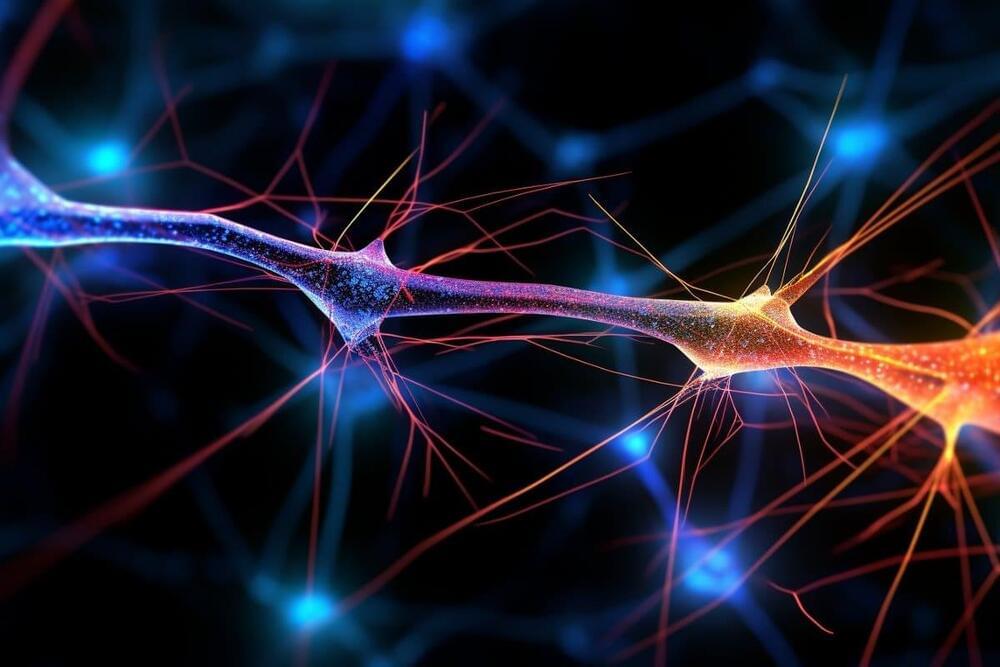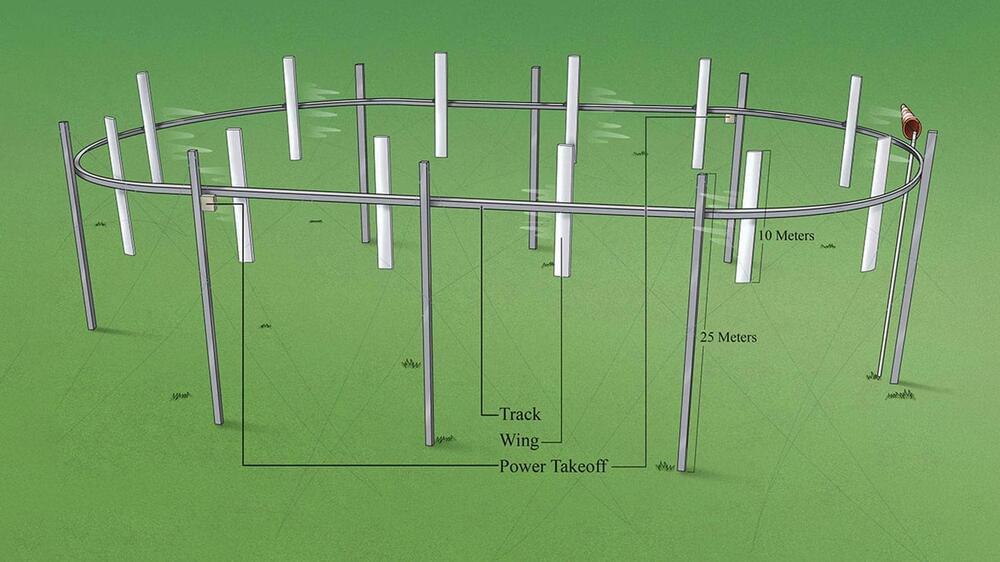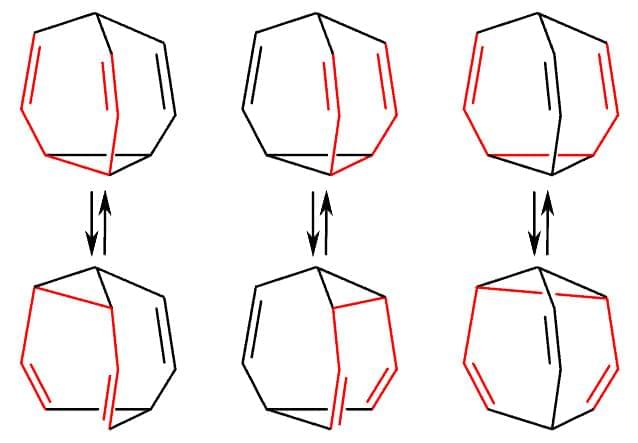OpenAI has placed a temporary ban on new sign-ups for ChatGPT Plus following a surge in demand for the service.
ChatGPT Plus is the $20 per month, premium version of the now infamous chatbot. It includes a host of extra features, including the recently added GPTs—personalized chatbots that are focused on a specific task, such as teaching you how to play chess or negotiating better business deals.
OpenAI CEO Sam Altman claims a surge in usage of the service since the launch of GPTs and other new features announced at its recent developer conference has forced the company to act.






